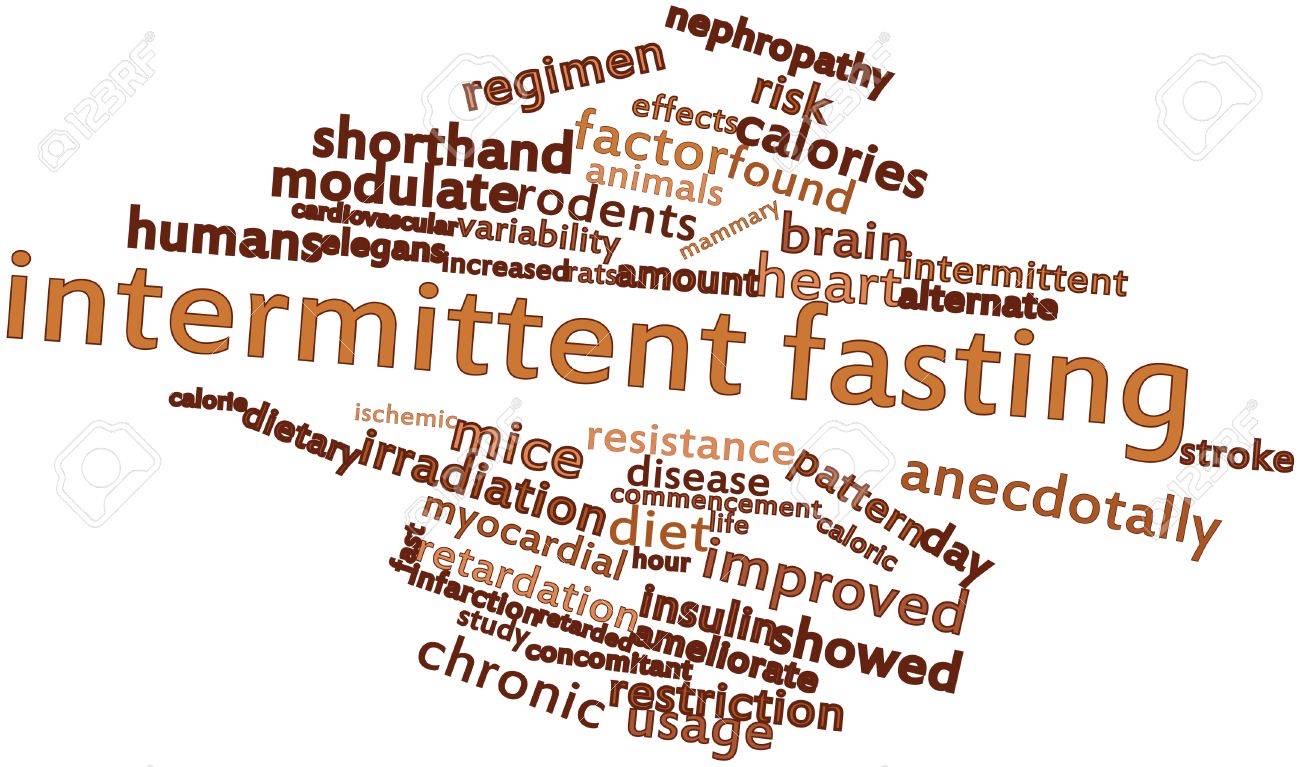Are you tired of feeling left out of the visualization club? You’re not alone. For people with aphantasia, it can be frustrating when others seem to effortlessly conjure up images in their minds, while you’re left with nothing but blackness. But fear not, because there may be hope on the horizon. Scientists have recently discovered […]
The Connection Between Aphantasia and Emotions: A Look at Potential Treatments and Therapies
After much research on aphantasia, I found out that there are many people who have trouble feeling emotions, including myself. Sometimes we hear about a traumatic event and question why we cannot feel empathy. Aphantasia could be the cause of this, as we cannot see the images in our minds that may trigger an emotional […]
Boost Your Visualization Skills: Techniques for Aphantasics to Improve Their Visualization Ability
If you’re like me and you have aphantasia, you know that visualization isn’t really your forte. But fear not! There are still ways to improve this skill, even if you can’t quite “see” things in your mind’s eye. One exercise that has worked for me is trying to associate colors and shapes with objects. For […]
Discovering a New Way to Experience the World: Living with Aphantasia
I have to admit, as someone with aphantasia, I was always a bit envious of those who could easily visualize images in their mind. But as I’ve learned more about the condition and how it works, I’ve come to accept my own unique way of experiencing the world. One thing that has helped me is […]
Read More “Discovering a New Way to Experience the World: Living with Aphantasia”
The Surprising Pros and Cons of Aphantasia: How it Enhances Abstract Thinking and Hinders Memory Recall
It’s interesting to know that aphantasia can have both advantages and disadvantages. For me, the biggest drawback is the inability to recall specific memories without some sort of prompt. It’s like trying to remember a song without hearing the melody – nearly impossible. But on the other hand, I have found that my abstract thinking […]
The Superpower of Aphantasia: Embracing a Unique Way of Thinking for Success and Mindfulness
Picture this: you close your eyes and can vividly see a beach with clear turquoise water and palm trees swaying in the breeze. But what if you couldn’t? What if you were one of the many people with aphantasia, a condition where you cannot visualize anything in your mind’s eye? Some may see it as […]
Living Without Mental Images: Coping Strategies for Aphantasia
Last night, I played a round of trivia with some friends. The questions were all about famous landmarks around the world. As I listened to them describe each landmark, I struggled to conjure up any images in my mind. My friends were amazed that I couldn’t visualize the Eiffel Tower or the Great Wall of […]
Read More “Living Without Mental Images: Coping Strategies for Aphantasia”
Aphantasia Confirmed
Finally putting to rest those few people who still believe that aphatansia is not a real condition, or that it’s only a matter of semantics, scientists have discovered a method of physically testing for aphantasia by monitoring pupil dilation. Subjects who reported less visualization ability did not experience pupil dilation when “recalling” bright and dark […]
Sleepless Nights
I’ve recently started tracking my sleep which has provided some insights on aphantasia and my ability to visualize. Namely, when I get my normal 6-8 hours per night, my visualization is non-existent. It’s the evenings where I get less sleep, around 2-4 hours, where I see a noticeable difference in my visualization. Over this past […]
Melatonin and Aphantasia Part II
You need to be logged in to view this content. Please Log In. Not a Member? Join Us
Jonathan Levi – Accelerated Learning “Expert” – Total Idiot
Some guy named Jonathan Levi, who purports to be some kind of “memory expert,” posted what appears to be the most idiotic video I’ve ever seen on aphantasia. Luckily, no one watches his videos, so no harm done. However, I’m going to link to the video here purely for entertainment purposes. It’s actually hilarious: Jonathan […]
Read More “Jonathan Levi – Accelerated Learning “Expert” – Total Idiot”
People With Aphantasia Have Significantly More Accurate Memory
An article in IFLScience covers a recent study which indicates individuals with aphantasia are significantly less likely to make mistakes when remembering things. Apparently, those with a visual imagination are significantly more likely to conjure their own ideas of what they sensed, and this is where the inaccuracies come from. More research needs to be […]
Read More “People With Aphantasia Have Significantly More Accurate Memory”
Is a Lack of Sleep a Cure for Aphantasia?
I can say, with certainty, that a lack of sleep leads to increased visualization. That said, I believe the majority (or all?) of these visualizations are actually hallucinations and not typical visualizations within the mind’s eye. Please, do not deprive yourself of sleep in order to induce visualizations. Depriving yourself of sleep is dangerous, and […]
Update on Hallucinogens as a Cure for Aphantasia
In my section on hallucinogens, I was adamant that my research shows they are not effective for improving or curing visualization in people with aphantasia. At the time of writing, I had not personally experimented with hallucinogens, and I was speaking solely from the evidence I had gathered among those who had. Since then, I […]
Read More “Update on Hallucinogens as a Cure for Aphantasia”
Intermittent Fasting’s Affect on Aphantasia
I’ve had aphantasia my entire life, but only about three years ago did I realize that other people could visualize in their minds. Since then, I’ve been keeping close track of my ability, or lack of ability, to visualize. I’ve had some success, and many failures, but I’ve learned a lot along the way. Be […]
Ketamine and Aphantasia
You need to be logged in to view this content. Please Log In. Not a Member? Join Us
Nikola Tesla and Aphantasia
I’ve wanted to write a post on Nikola Tesla for a while. Perhaps the smartest person ever to walk this earth, Nikola Tesla was a well-known hyperphant. He could visualize his inventions, build them in his mind, test them and refine them all before he even put pen to paper. However, few people know about […]
Hangovers, Alcohol, and Aphantasia
I didn’t want to make this post, but I have to. My visualization ability has definitely taken a hit in the last couple months. I blame it on a lack of practice for a couple weeks, and then it was hard to get it back. That was the case, until I had a major hangover […]
Beta Waves and Aphantasia
You need to be logged in to view this content. Please Log In. Not a Member? Join Us
Aphantasia Study
An interesting article on a recent study of people with aphantasia discusses the cognitive effects of having “a blind mind’s eye.” Unfortunately, the study and the article fail to mention the cognitive benefits of aphantasia. It’s understandable that researchers who do not have aphantasia would be preoccupied by the disadvantages and less aware of the […]
Phantasia
A group including professor Adam Zeman of Exeter University has published a new paper on aphantasia and hyperphantasia with some interesting results. The paper is titled Phantasia – The psychological significance of lifelong visual imagery vividness extremes and is based on data from 2,400 participants. Key findings: aphantasia is associated with scientific and mathematical occupations, […]
Still Fading
You need to be logged in to view this content. Please Log In. Not a Member? Join Us
Fading Ability
You need to be logged in to view this content. Please Log In. Not a Member? Join Us
New Supplement Results
You need to be logged in to view this content. Please Log In. Not a Member? Join Us
Verge of a Cure?
You need to be logged in to view this content. Please Log In. Not a Member? Join Us
Breakthrough Study
A breakthrough study led by researchers at UNSW Sydney links the excitability of neurons in the visual cortex to a lack of visualization ability. This research indicates aphantasia might be caused by an “overactive” visual cortex as opposed to an inactive one. Additionally, the researchers were able to influence the level of image strength through […]
Aphantasia Defined
I don’t recall aphantasia being defined in the dictionary previously, but here it is now! https://www.collinsdictionary.com/dictionary/english/aphantasia Definition of ‘aphantasia’ aphantasiain British English (ˌæfænˈteɪzɪə) NOUN an inability to form mental images Word origin: from Greek phantazein to cause to be seen, from phainein to show We’ve made it to the mainstream ladies and gentlemen… maybe people will stop questioning if aphantasia is a real […]
A Note on Dreams
You need to be logged in to view this content. Please Log In. Not a Member? Join Us
Aphantasia During Quarantine
If you’re isolated at home like most of us still are, and especially if you are unemployed, now might be the perfect time to start practicing your visualization abilities. For those with children, it can be extremely difficult to find time during the day to learn new skills, but before bed, try your visualization exercises […]





